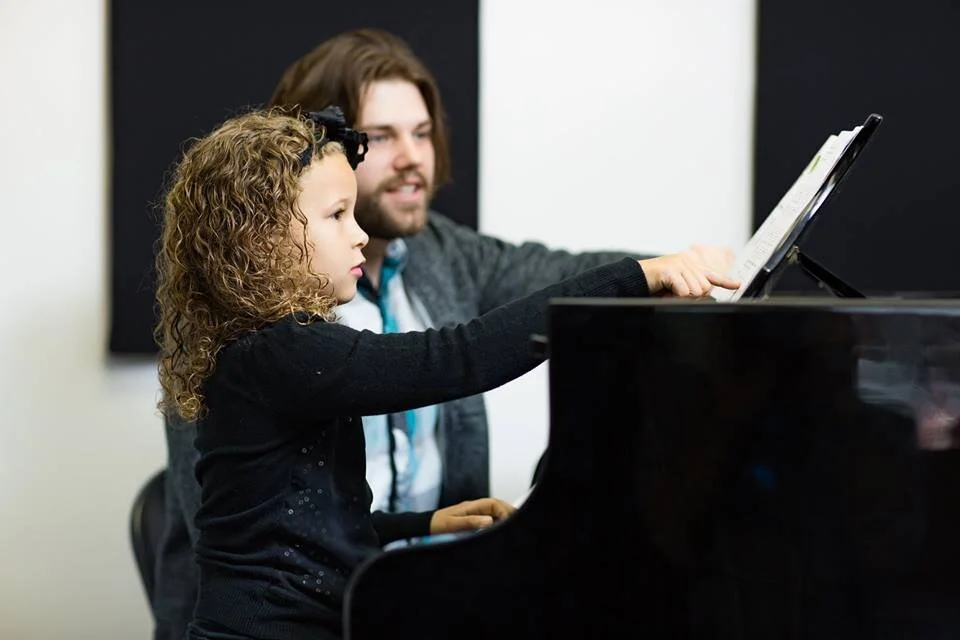In This Issue:
The Formula For A Great Practice Session
Bravo Recital Performers!
Student of The Month
Refer a Friend Promotion
Welcome New Students!
Important Dates and Closures
The Formula For A Great Practice Session
Want to make the most of your practice time and see real progress? Follow these six powerful principles that professional musicians use every day.
1. Start Slow to Play it Right
To play a piece correctly, you must practice it correctly. That means starting slow. Slowing things down helps you catch mistakes early and build a strong foundation. Once you’ve mastered the notes and rhythms at a comfortable tempo, gradually increase your speed over time.
2. Use a Metronome Consistently
The metronome is one of the most valuable tools a musician can use. It helps develop timing, rhythm, and consistency. Students should use a metronome during most of their practice sessions, especially when working on challenging passages or preparing for performance.
3. Repetition Builds Mastery
There’s no shortcut to mastery, only repetition. Repeating sections, especially the difficult ones, is what develops muscle memory. Instead of running through an entire piece over and over, isolate the tough spots and drill them until they become easy.
4. Practice Smarter, Not Longer
More time doesn’t always mean better results. Short, focused sessions are far more effective than hours of distracted playing. Set specific goals for each practice session. For example:
✅ “I will play this piece at 80 bpm until I can play it three times in a row with no mistakes.”
❌ “I’ll practice for two hours.”
Clear goals keep you motivated and make your practice time more productive.
5. Level Up Each Day
Every practice session should involve a small challenge. If you played a section at 60 bpm on Monday, try 65 bpm on Tuesday. Incremental increases in tempo or difficulty push you forward and keep you improving day by day.
6. Make Time for Fun
Never forget why you started playing music in the first place, because it’s fun! Every practice session should include time to play something you enjoy. While warm-ups, scales, and exercises are essential, ending your session with a favorite song or a creative improv keeps your passion alive and builds a lifelong love for music.
Final Thought:
A great practice session is intentional, challenging, and joyful. Stick to this formula and you’ll see your skills—and your confidence—grow in no time.
BRAVO RECITAL PERFORMERS!!!
We want to give another big round of applause to all of the students that
participated in our Summer Recitals! Everyone did a fantastic job. We know
how much courage it takes to get up and perform in front of others and we are so proud of everyone for participating. It’s amazing to see what hard work and determination can create. Thank you for sharing your talents!
Student Of The Month!
Student of The Month - Derek Jiang
Q: What instrument do you play?
A: Trumpet
Q: How long have you taken lessons?
A: 3 years
Q: Who are your favorite musical artists?
A: Tchaikovsky and Yiruma
Q: What is your favorite food?
A: Pizza
Q: What is the coolest thing you've learned in your lessons in the past three months?
A: Double tonguing
Q: Do you have any performances coming up?
A: Repertory concerts in the 2025-26 year
Refer a Friend & Receive a $50 Gift Card!
Refer your friends to the Academy to receive a $50 gift certificate as a thank you upon their registration (your friend will receive one, too)! Hurry- This promotion is only for the summer and ends August 31st!
Welcome New Students!
Please help us welcome our new students who started last month!
Advait P.
Elliot C.
Ethan B.
Beth H.
Stuti M.
Sarah H.
Andrea S.
Kimberly T.
Lisa V.
Betsy K.
Heather S.
Beth B.
Will L.
Holden L.
Akira L.
Didi P.
Mirei S.
Kristy S.
Brent J.
Neha S.
Kevin O.
Kirby L.
Henry S.
Gus W.
Elise C.
Sara T.
Kyler H.
Jeshurun L.
Anuki L.
Princess B.
Lily H.
Sachi G.
Deepali P.
Harper S.
Clare M.
Ryan H.
Evan N.
Aarsh P.
Elanor W.
Zoe G.
Lillah P.
Dylan B.
Max G.
Adalynn S.
Gabby S.
Paige C.
Jiya J.
Carter C.
Angela L.
Miriam V.
Shaurya S.
Max T.
Adhya K.
Charlotte B.
Briella B.
Stella P.
Pierce M.
Aashitha G.
Rowan S.
Will S.
Izzy O.
Camdyn M.
Justin D.
Yuvin B.
Flora R.
Luna R.
Evelyn W.
Didi P
Camden B.
Jack D.
Monroe M.
Audrey M.
Arav P.
Meenakshi S.
Sarah B.
Upcoming Dates & Events
Closed: Thanksgiving Break, November 27th - 28th
Closed: Winter Break, December 24th - January 1st










